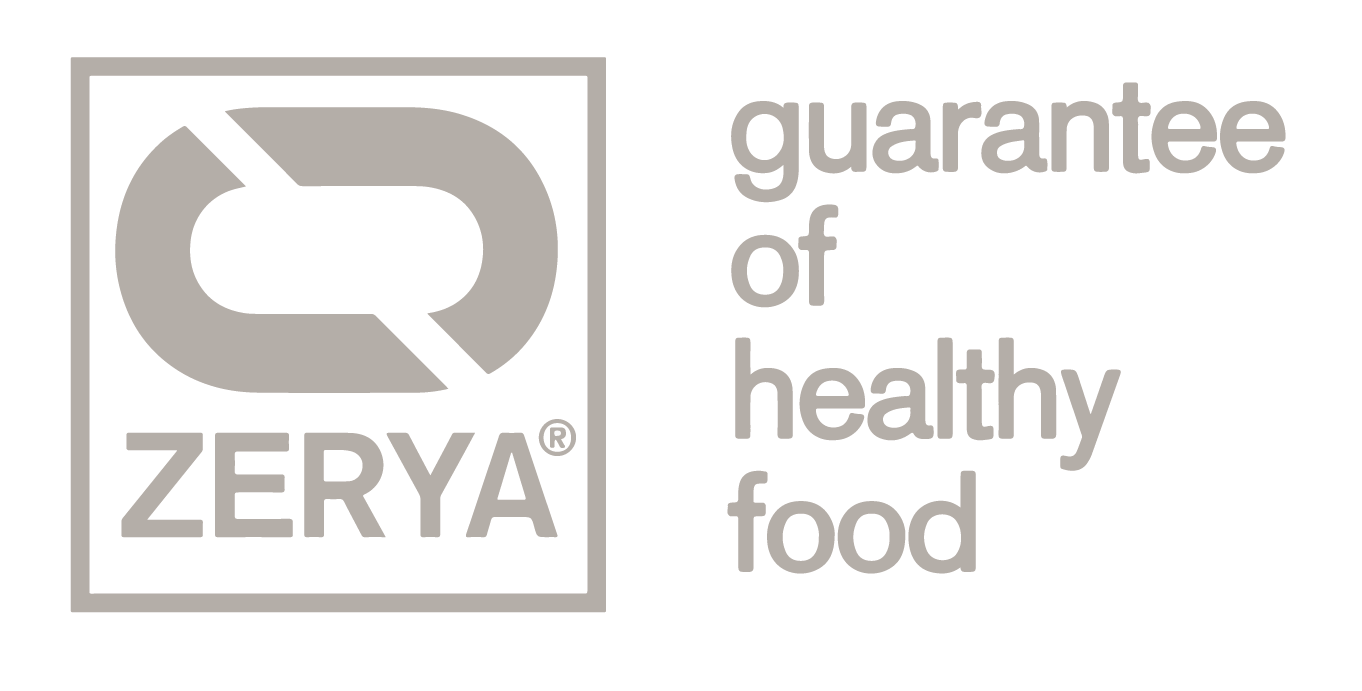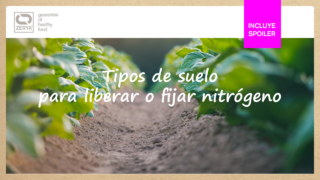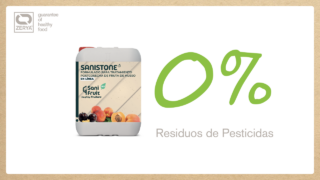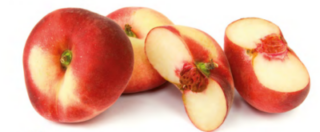More about:
Releasing or fixing nitrogen in the soil?
From salads to tubers, watermelons to rice, each crop has different nutritional needs depending on the type of soil in which it grows.
0% Pesticide Residues in Stone Fruits
At ZERYA we certify companies that provide new technologies that guarantee food safety and sustainability. In this case we are going to talk about the SANIFRUIT product for stone fruits, a natural and effective solution for post-harvest treatment.
LIFE+ CERO RESIDUOS
Towards a sustainable production and supply chain of stone fruit. In Europe, methods for the residue-free production of vegetables and arable crops are relatively widespread and are in demand by both the retail and food processing sectors.
Write to us at consultas@zerya.org
1 Register on our website. 2 Download our General Regulations and Annexes. 3 Start online training. 4 Register your plots. 5 Request an online consultation with our agronomists. 6 Start your crop management with our checklist. 7 Start your 1st year of independent audit
For new producers, registration with ZERYA takes the form of annual fees, depending on the crop and area. For both outdoor and protected crops in greenhouses and tunnels, the annual fee is 360 €/year up to a certified area of 100 hectares. From 100 ha upwards, the farm registration fee is 420 €/year plus 1 €/year for each additional hectare over 100 ha. Groupings of farms within the same province are allowed. For handling centres there will be one fee per product to be handled and one fee per handling centre.
Write to us and ask for our ZERYA Pesticide Residue-free field guide, in which we explain the certification requirements and processes, as well as the details of the fees that apply to you.
The registration periods are 3 years, during which you, as a producer, can alter, increase or decrease the registered areas, as well as increase or decrease the registered crops. The land parcels of registered crops applying for certification must be updated annually. The current registration must always match the registered area and crops submitted for audit.
Diagnosis
A comprehensive diagnosis of soil and plant health, through laboratory analysis and direct observation.
Proposal
An intervention proposal that includes recommendations on soil management, irrigation, fertilization, pest and disease control, pruning, harvesting and post-harvest
Improvement
Continuous improvement monitoring and periodic evaluation of results, with adjustments and improvements as necessary.





